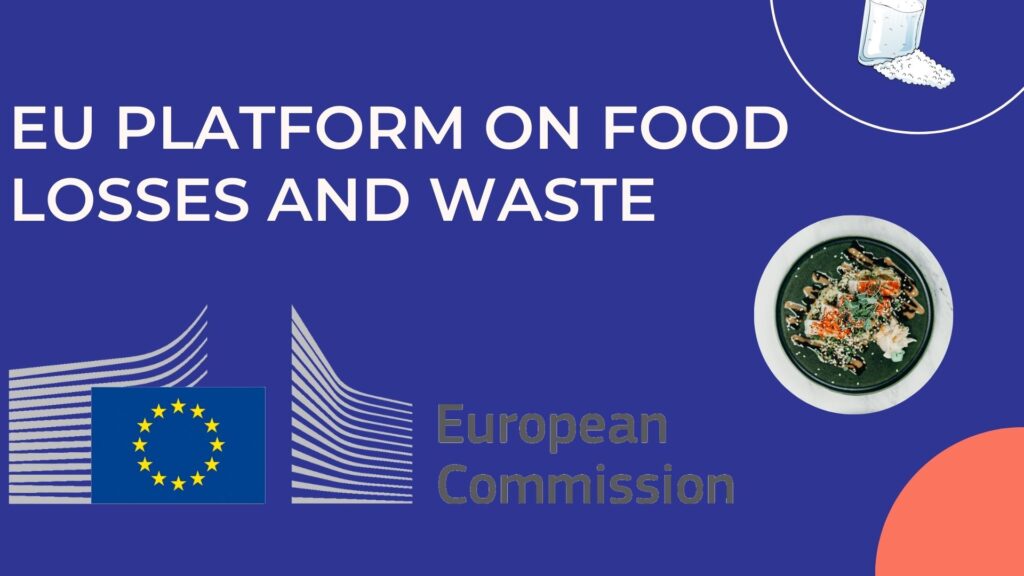Written by: Tamás Szallabek
From: VIMOSZ
Contributors: Berta Redondo and Andrea Adelmo Della Penna
What is it
The European Platform on Food Losses and Waste was established by the European Commission (EC) in 2016 to identify solutions for reducing food loss and waste (FLW). This initiative aligns with the Farm to Fork Strategy and aims to meet Sustainable Development Goal (SDG) 12.3, which seeks to halve per capita global food waste at the retail and consumer levels by 2030, and reduce food losses along the food production and supply chains(1). The platform’s first mandate ended in December 2021, and it was re-established in 2022 for a second term until 2026, inviting public entities and private sector organisations to participate.

Participants in the platform, including EU institutions, Member States (MS), NGOs, businesses, food banks, and researchers, work through five sub-working groups that meet several times a year and publish relevant recommendations:
- Action & Implementation:
Helps sector organisations and food supply chain actors implement effective food waste prevention initiatives and adopt best practices.
- Date Marking and Food Waste Prevention:
Improves the use of date marking by supply chain actors and its understanding by consumers.
- Food Donation:
Shares good practices and information related to the recovery and redistribution of excess food, following waste hierarchy and regulations.
- Food Loss and Waste Monitoring:
Identifies tools for measuring and monitoring food losses and waste as well as exchanges knowledge through a closed community of practice.
- Consumer Food Waste Prevention:
Focuses on preventing and reducing consumer food waste, as households generate over half of the total food waste in the EU.
Tackling food waste requires collaboration among all key players in the food supply chain. Each actor plays a crucial role in identifying, measuring, understanding, and finding solutions to reduce FLW.
What does the platform do
The EU Platform on FLW unites a diverse range of stakeholders to facilitate the exchange of information and best practices through plenary and sub-working group meetings. This collaborative approach fosters innovative solutions and ensures coordinated efforts to reduce food waste across Europe.
The platform provides crucial advice for EU policies on food waste reduction, integrating these considerations into broader initiatives like the Circular Economy Action Plan, the Farm to Fork Strategy or the Waste Framework Directive (WFD). This flow of knowledge ensures that the EU’s legislative framework promotes a systemic change for sustainable food systems and integrates the best possible innovations.
Additionally, the platform develops practical guidelines and recommendations for MS and stakeholders to implement effective food waste reduction measures. These guidelines, covering various stages of the food supply chain, offer clear, actionable advice to ensure the widespread adoption of best practices and significant reductions in food waste.
What has been achieved
During its first mandate, the platform significantly helped the EC to create a legislative background for FLW reduction across Europe. In 2017, the Commission adopted guidelines for EU food donation and for the feed use of food no longer intended for human consumption. In 2019, a common EU food waste measurement methodology and reporting format were established for MS to report food waste levels. For the whole activity report of the first mandate, click here.
Since its re-establishment in 2022, the platform has supported legislative processes on FLW reduction and promoted voluntary agreements. Additionally, now the processes are better arranged by creating the 5 sub-working groups.
As part of the revision of the WFD, the EC proposed legally binding food waste reduction targets for MS on 5 July 2023. Although this process takes time and MS are trying to delay deadlines, it marks a significant achievement for the platform. On this matter the EU Parliament has voted for even stricter targets,.
Voluntary agreements, highlighted by the first sub-working group, are collaborative frameworks where governments, businesses, and NGOs commit to reducing food waste. These agreements foster cooperation, set clear targets, share best practices, and monitor progress, aligning individual efforts with broader sustainability goals. Almost every MS now has some form of voluntary agreement aiming to meet the EC’s FLW reduction targets, with some setting even more ambitious goals, such as Germany.
To learn more about these agreements click here.
Challenges for the future
The platform has made significant progress but faces ongoing challenges. With the legislative process of making FLW reduction mandatory for MS is in its final stages the focus now shifts to implementation and sharing of knowledge.
A major challenge lies in the measuring and monitoring of generated FLW. The lack of a comprehensive EU-wide system makes comparison of data difficult, and the quality of data varies between countries. This issue underscores the need for the dedicated sub-working group on monitoring and is a key reason for initiatives like WASTELESS.
The next significant step is reaching an agreement on the WFD. The new EC presidency, held by Hungary, has stated that achieving this goal will be a priority during their term.
Footnotes
(1) European Comission – EU Platform on Food Losses and Food Waste https://food.ec.europa.eu/safety/food-waste/eu-actions-against-food-waste/eu-platform-food-losses-and-food-waste_en
